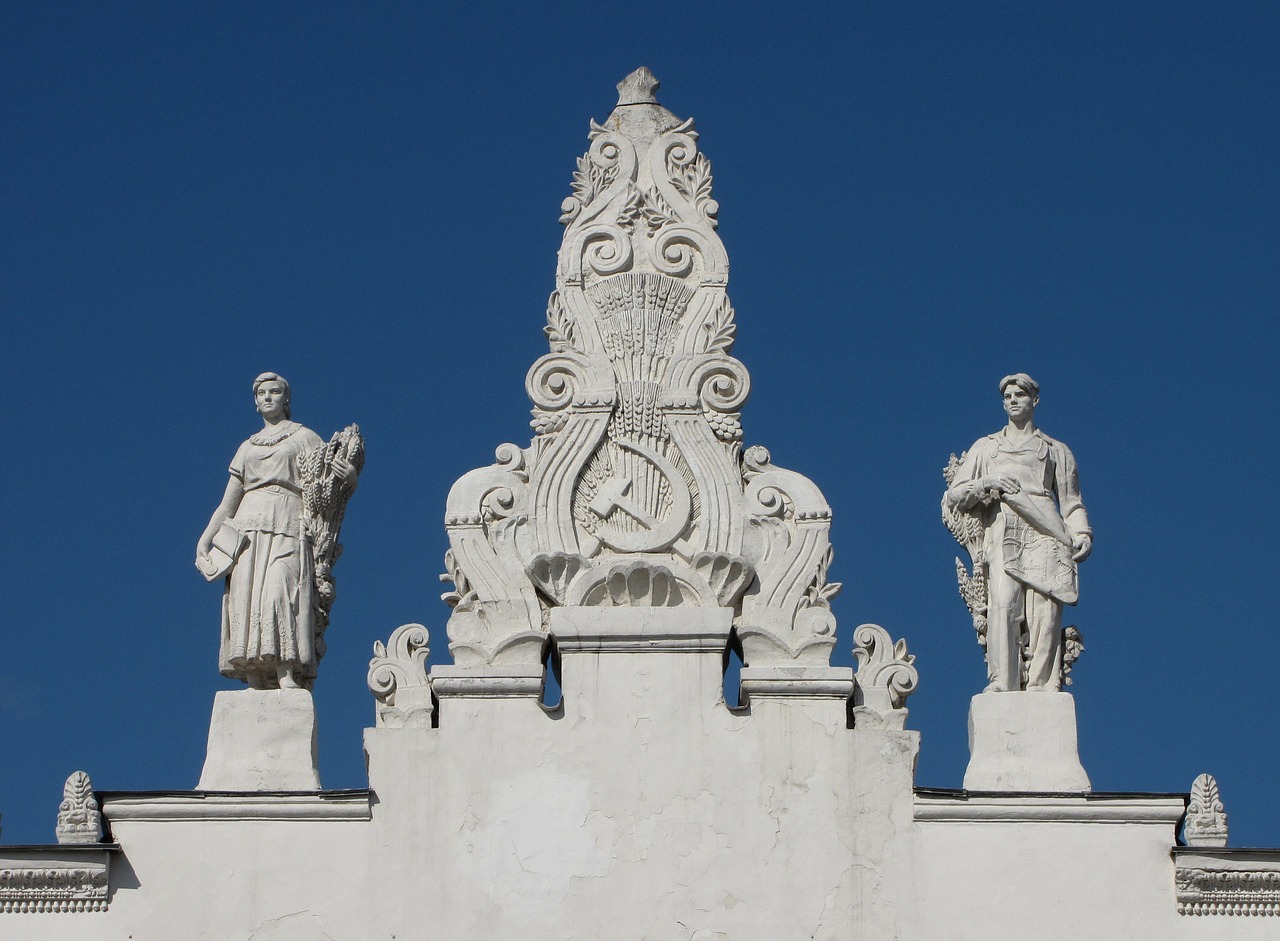Marx and Engels predict the overthrow of the capitalist system
A spectre is haunting Europe - the spectre of communism. All the powers of old Europe have entered into an unholy alliance to exorcise this spectre.... Hitherto, every form of society has been based, as we have already seen, on the antagonism of oppressing and oppressed classes. But in order to oppress a class, certain conditions must be assured to it under which it can, at least, continue its slavish existence. The serf, in the period of serfdom, raised himself to membership in the commune, just as the petty bourgeois, under the yoke of the feudal absolutism, managed to develop into a bourgeois. The modern labourer, on the contrary, instead of rising with the process of industry, sinks deeper and deeper below the conditions of existence of his own class. He becomes a pauper, and pauperism develops more rapidly than population and wealth. And here it becomes evident, that the bourgeoisie is unfit any longer to be the ruling class in society, and to impose its conditions of existence upon society as an over-riding law. It is unfit to rule because it is incompetent to assure an existence to its slave within his slavery, because it cannot help letting him sink into such a state, that it has to feed him, instead of being fed by him. Society can no longer live under this bourgeoisie, in other words, its existence is no longer compatible with society. The essential conditions for the existence and for the sway of the bourgeois class is the formation and augmentation of capital; the condition for capital is wage-labour. Wage-labour rests exclusively on competition between the labourers. The advance of industry, whose involuntary promoter is the bourgeoisie, replaces the isolation of the labourers, due to competition, by the revolutionary combination, due to association. The development of Modern Industry, therefore, cuts from under its feet the very foundation on which the bourgeoisie produces and appropriates products. What the bourgeoisie therefore produces, above all, are its own grave-diggers. Its fall and the victory of the proletariat are equally inevitable.
Marx and Engels: The Communist Manifesto 1848
Solzhenitsyn on Communism
These people who had experienced on their own hides twenty-four years of Communist happiness, knew by 1941 what as yet no-one else in the world knew: that no-where on the planet, nowhere in history, was there a regime more vicious, more bloodthirsty, and at the same time more cunning and vicious than the Bolshevik, the self-styled Soviet regime. That no other regime on earth could compare with it either in the number of those it had done to death, in hardiness, in the range of its ambitions, in its thoroughgoing and unmitigated totalitarianism - no, not even the regime of its pupil Hitler, which at the time blinded Western eyes to all else. Came the time when weapons were put in the hands of these people, should they have curbed their passions, allowed Bolshevism to outlive itself, steeled themselves to cruel oppression again - and only then begun the struggle with it (a struggle which has still hardly started anywhere in the world)? No, the natural thing was to copy the methods of Bolshevism itself: it had eaten into the body of a Russia sapped by the First World War, and it must be defeated at a similar moment in the Second.
Alexandr Solzhenitsyn: The Gulag Archipelago







